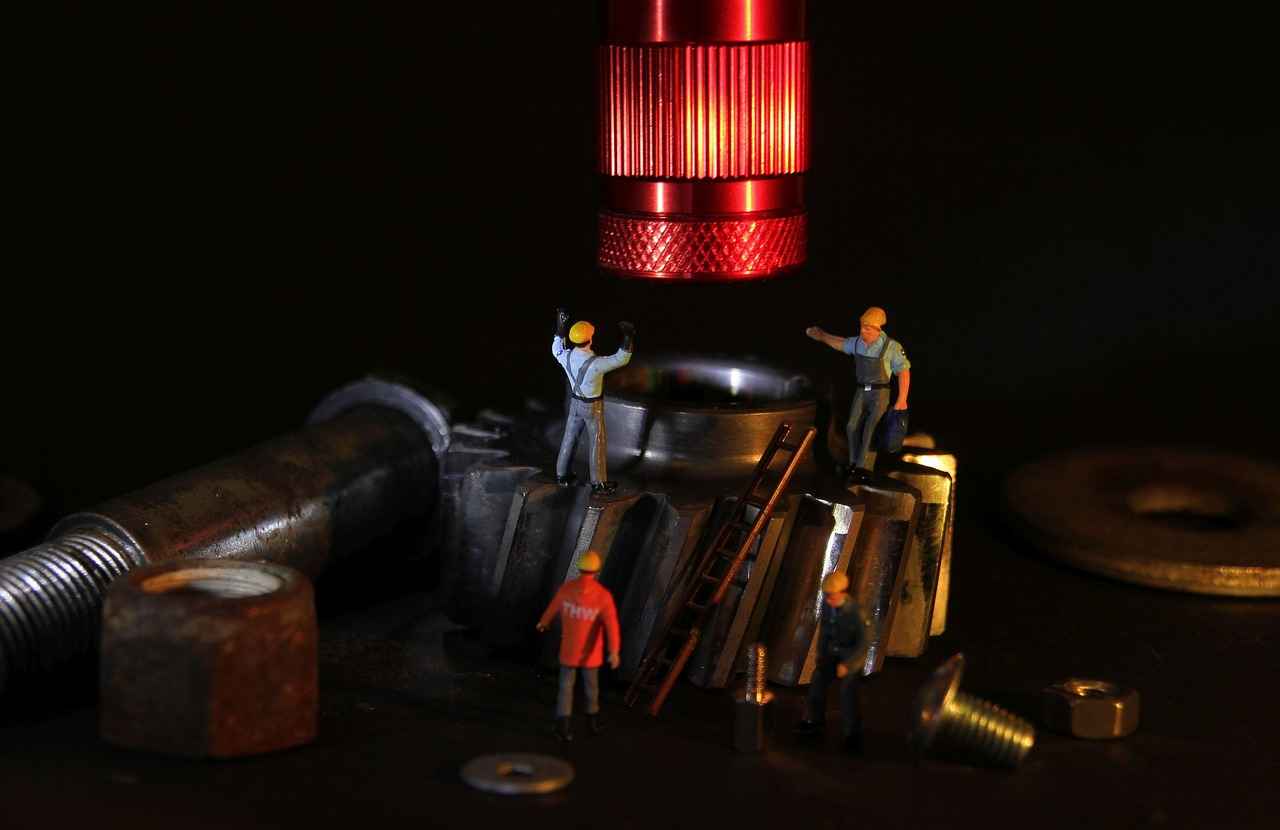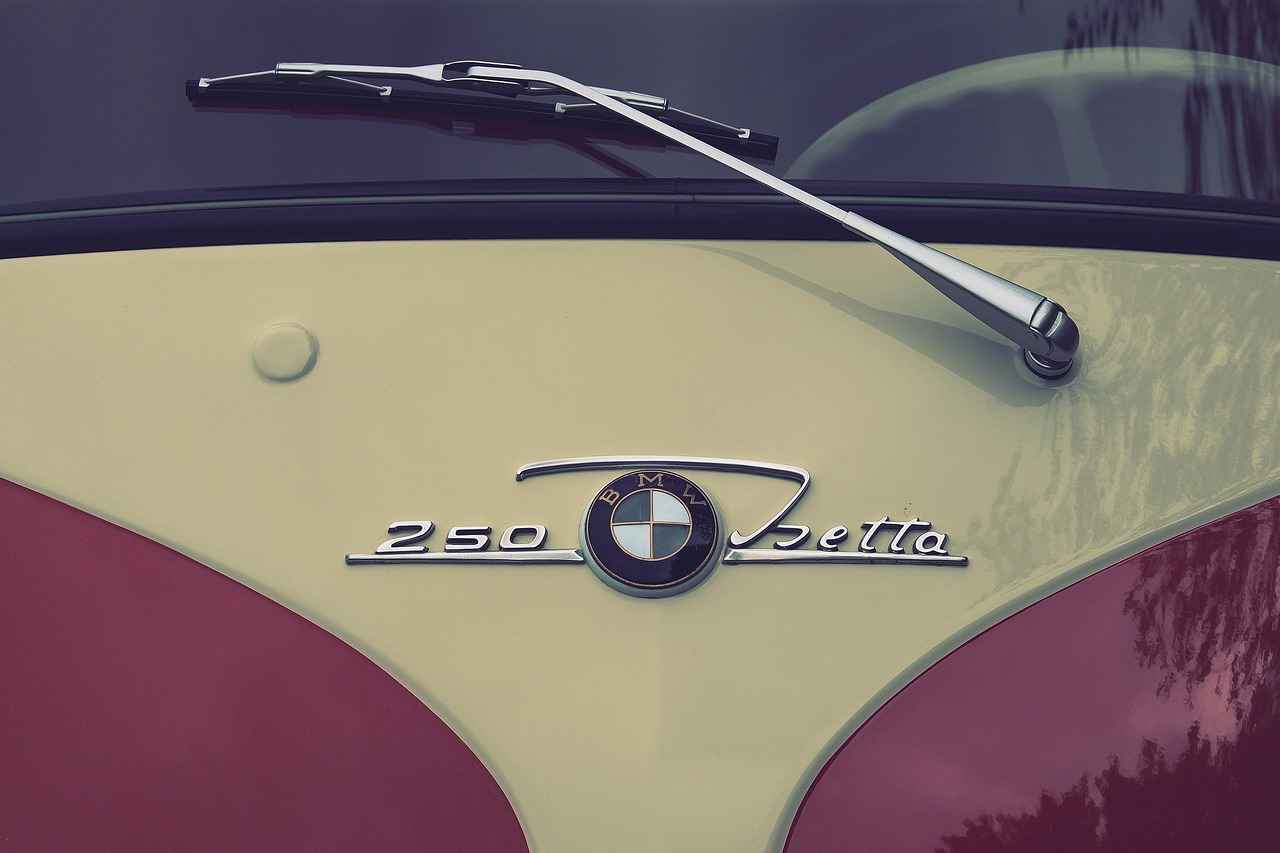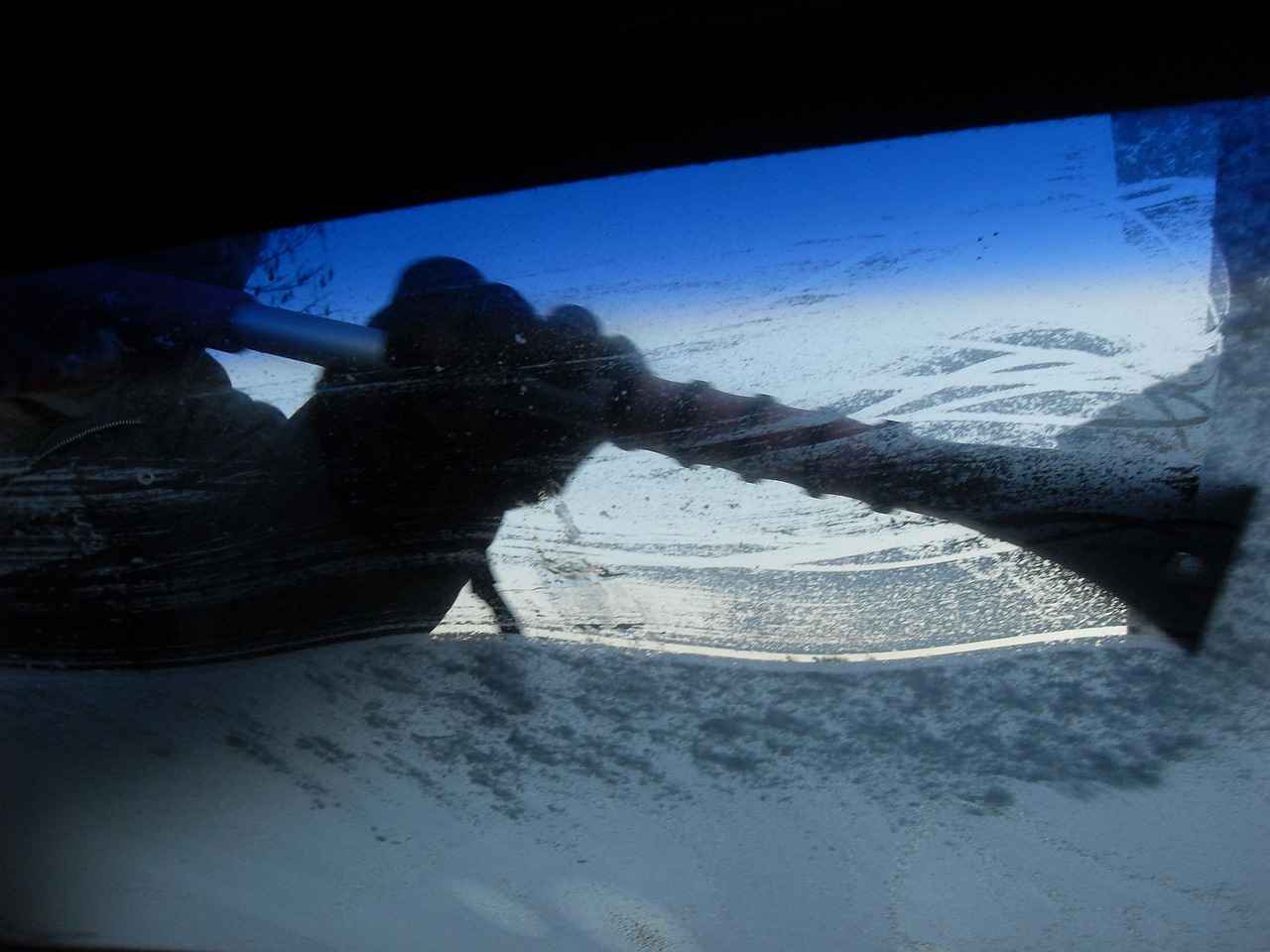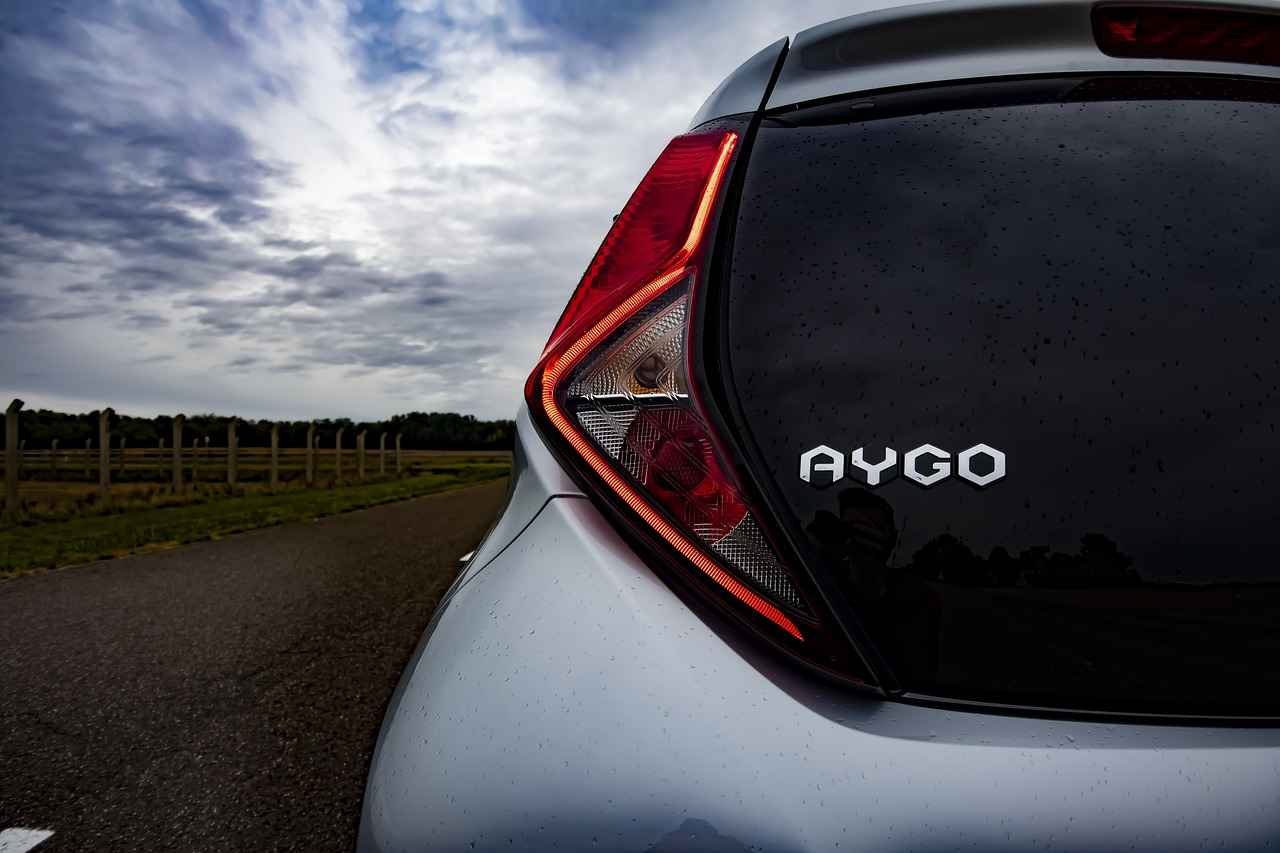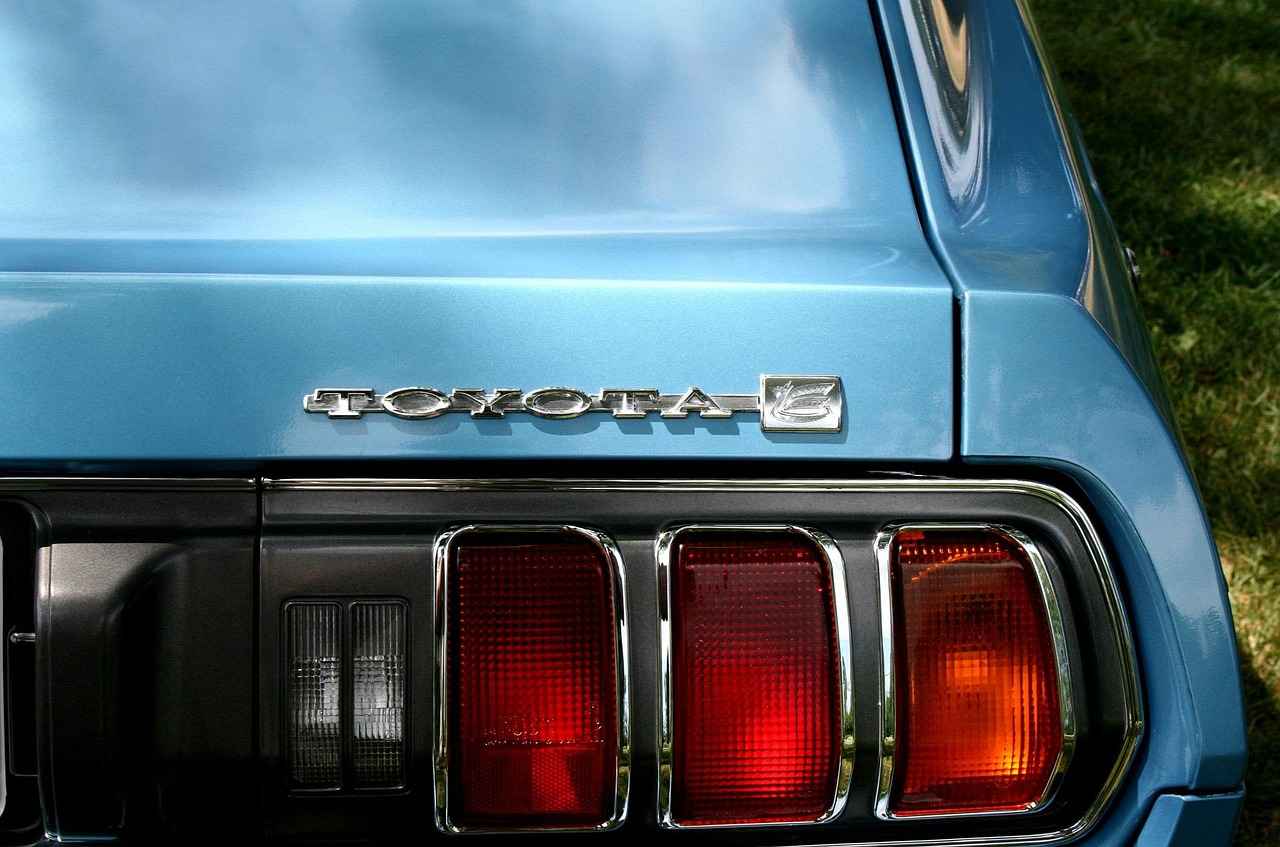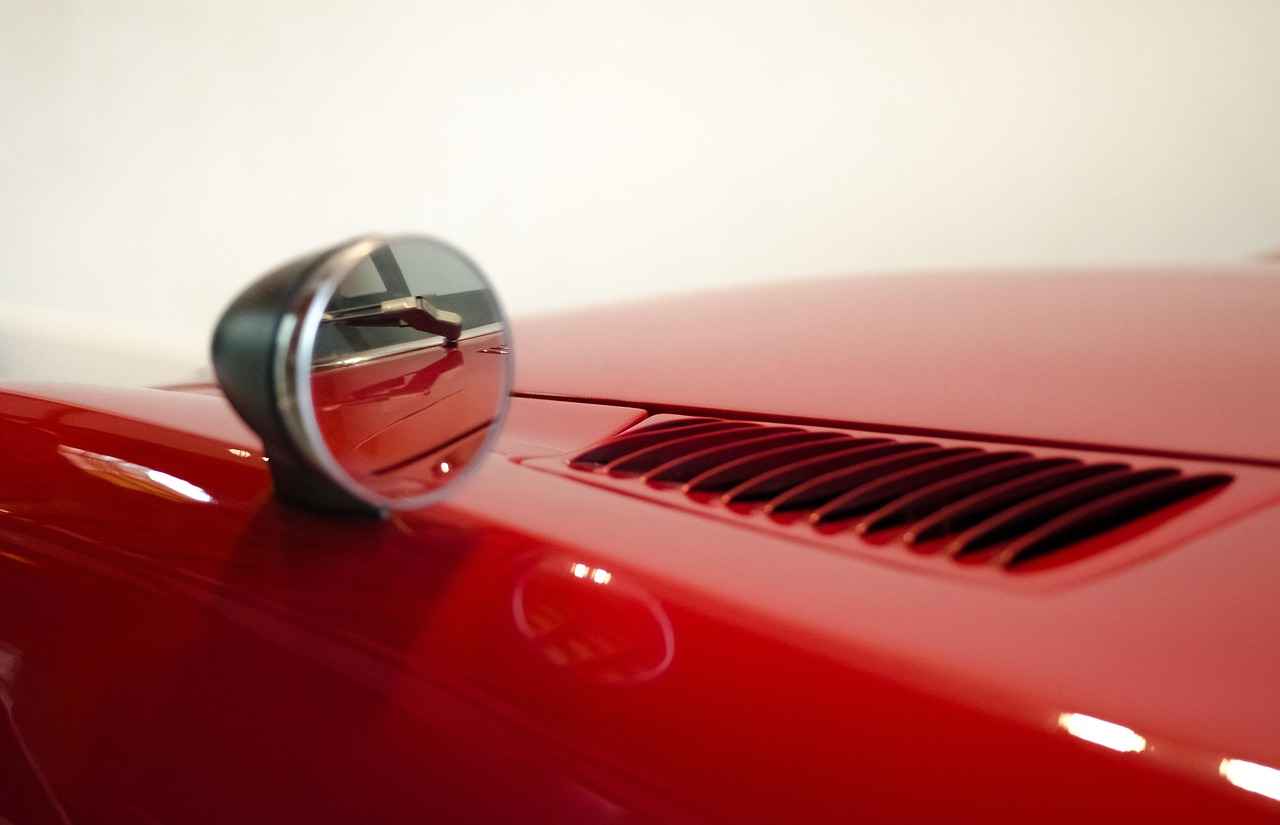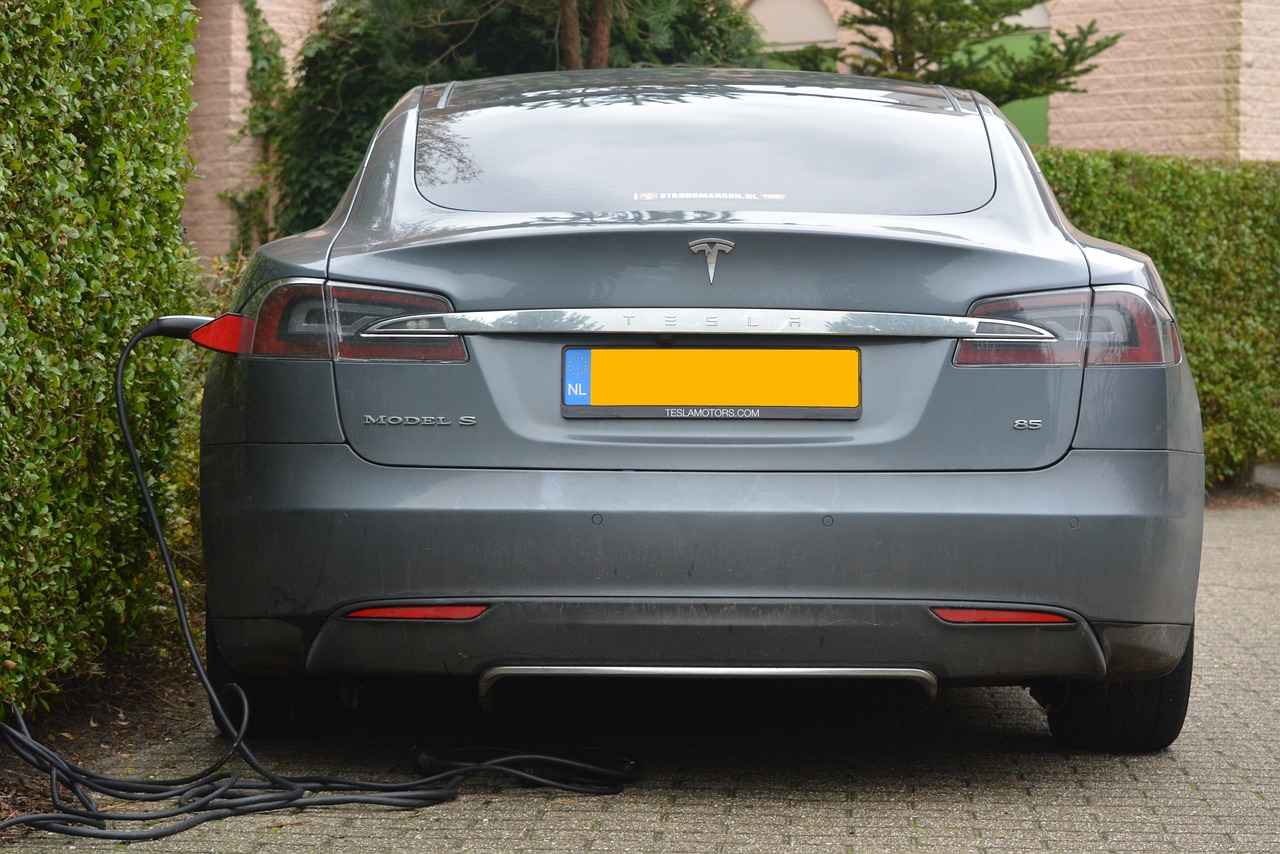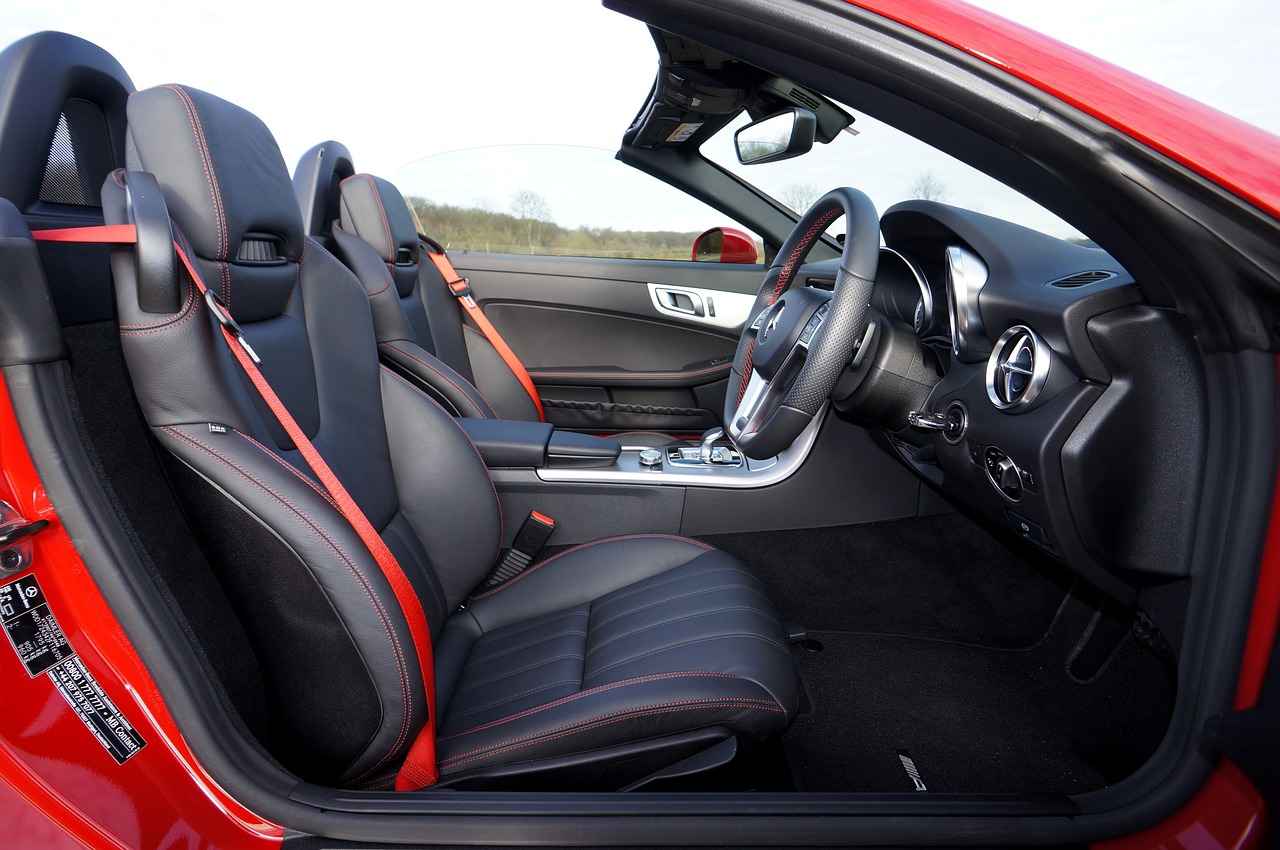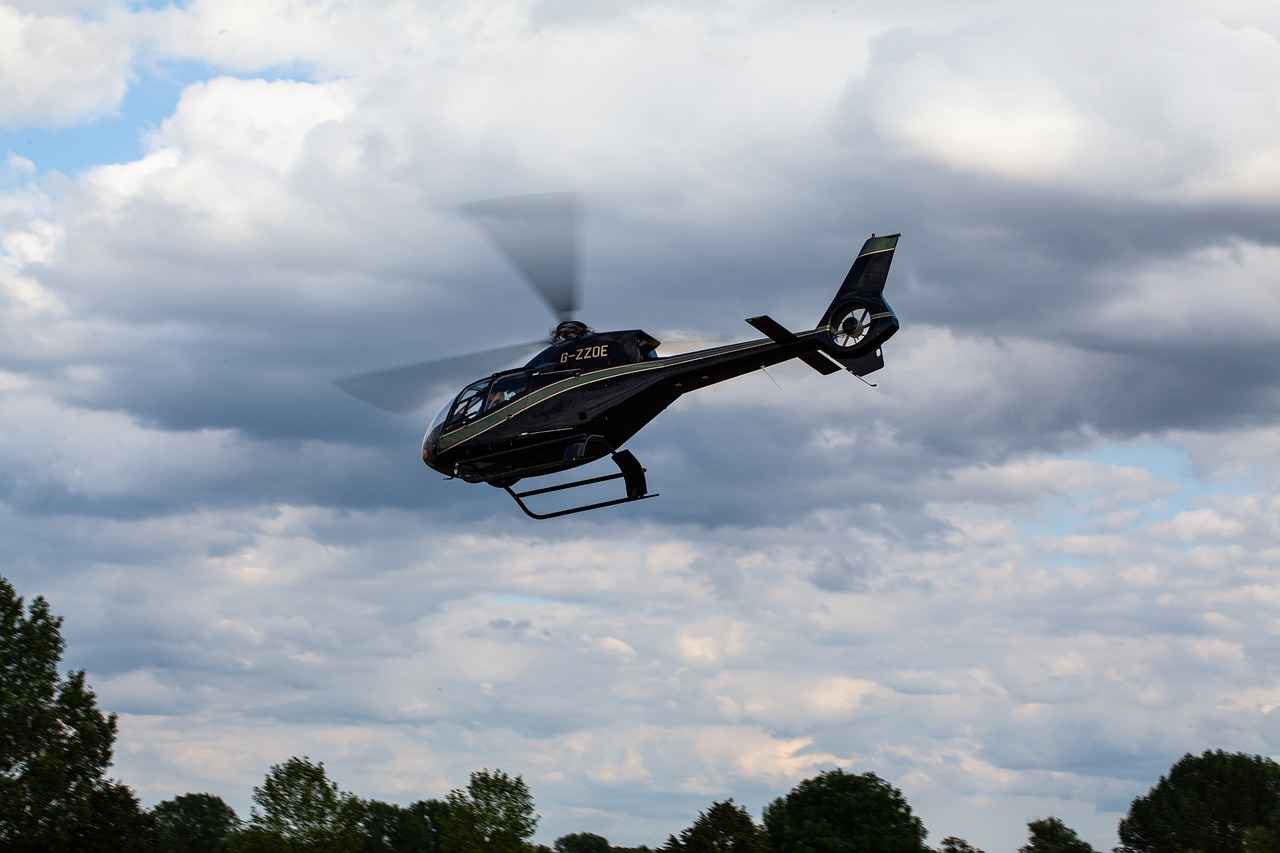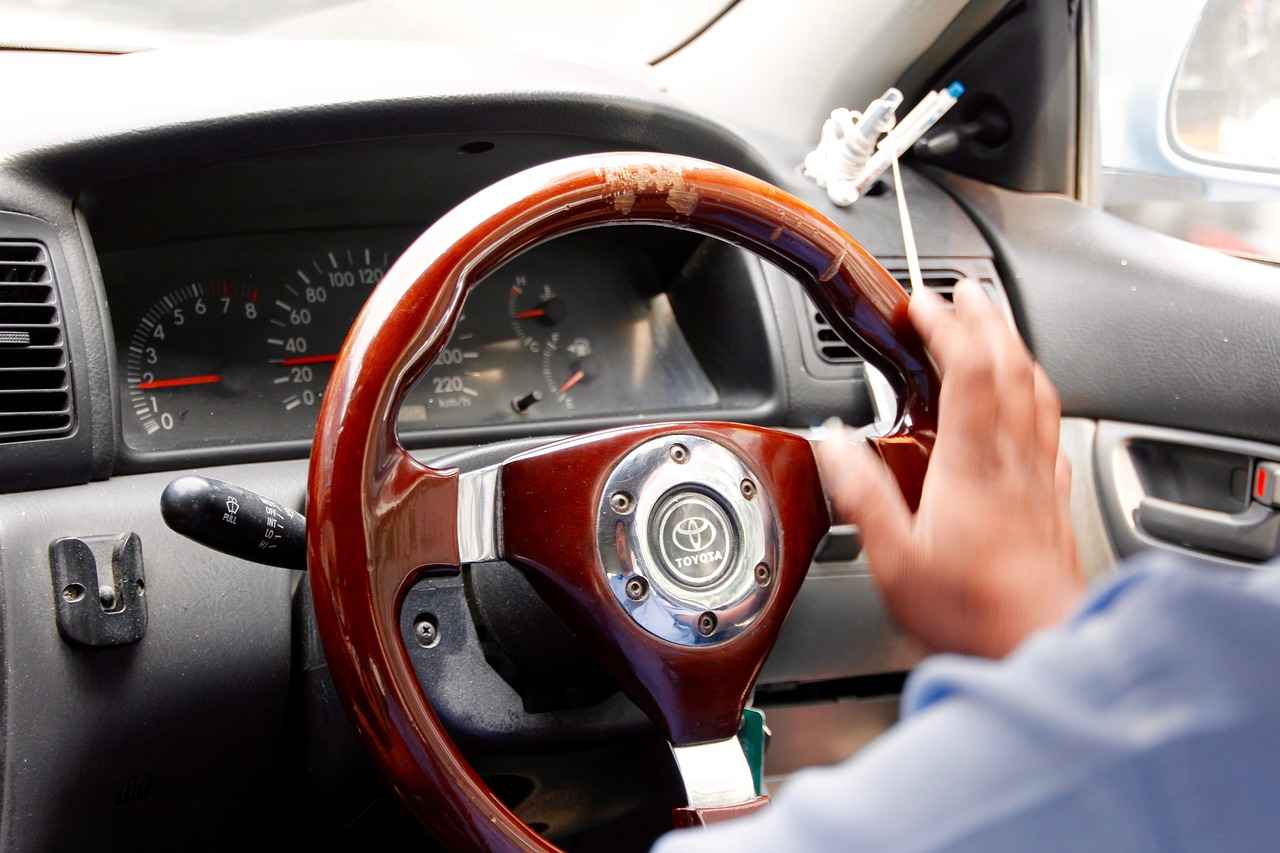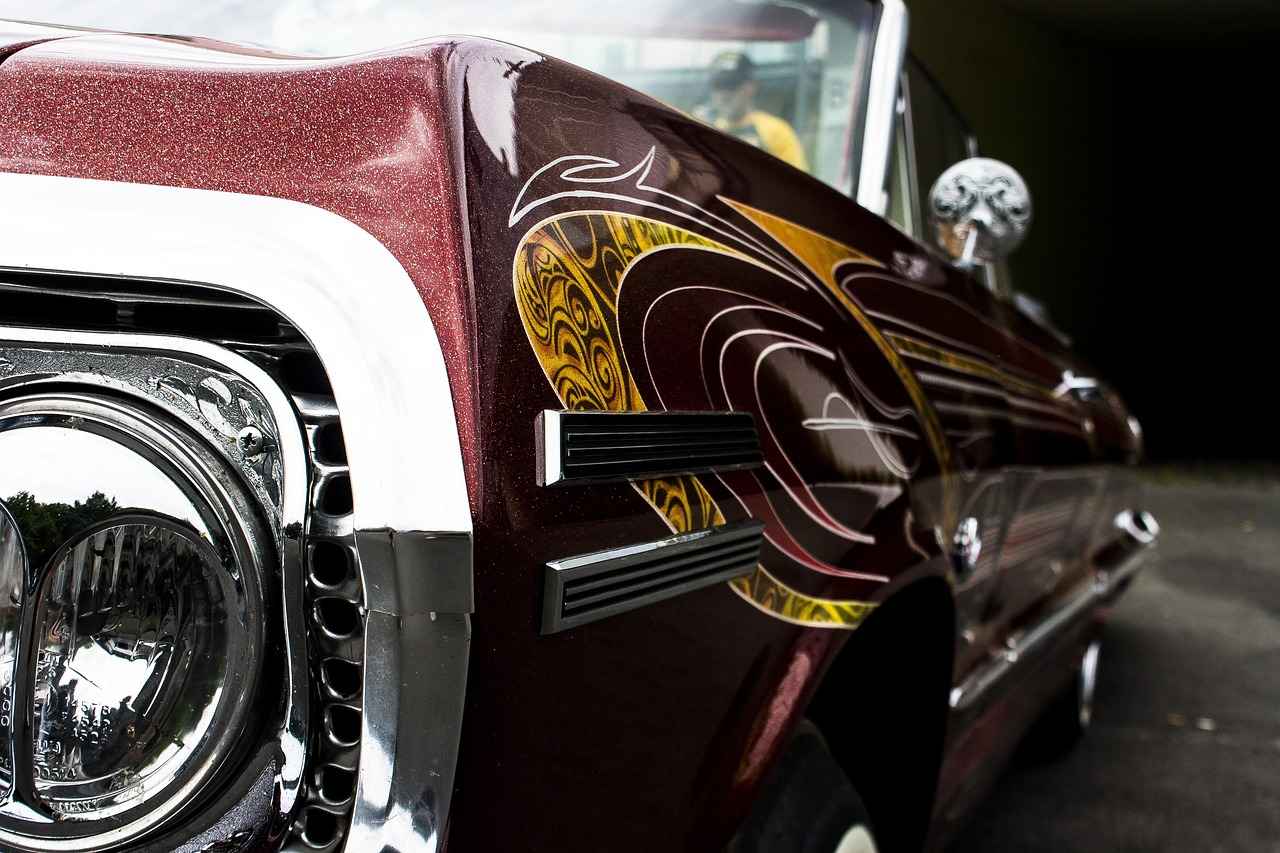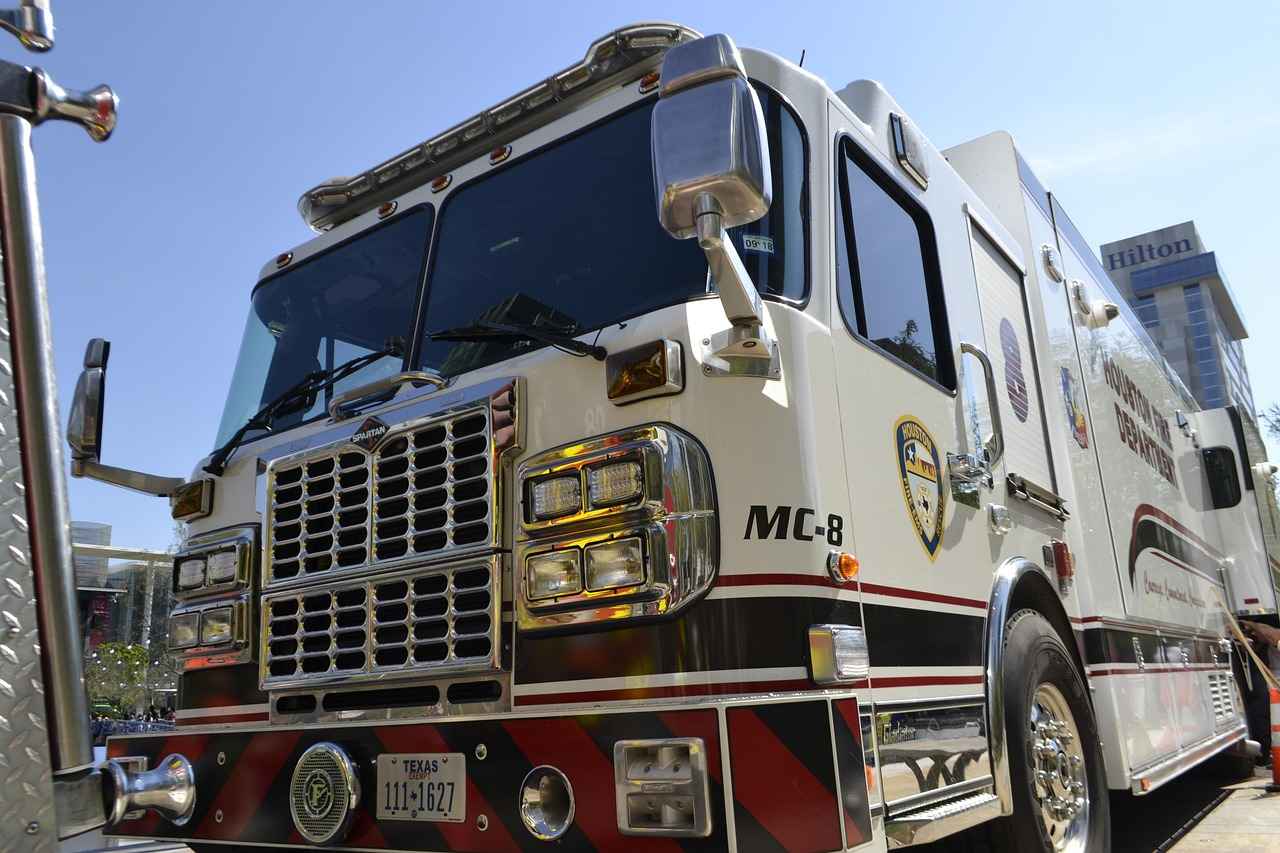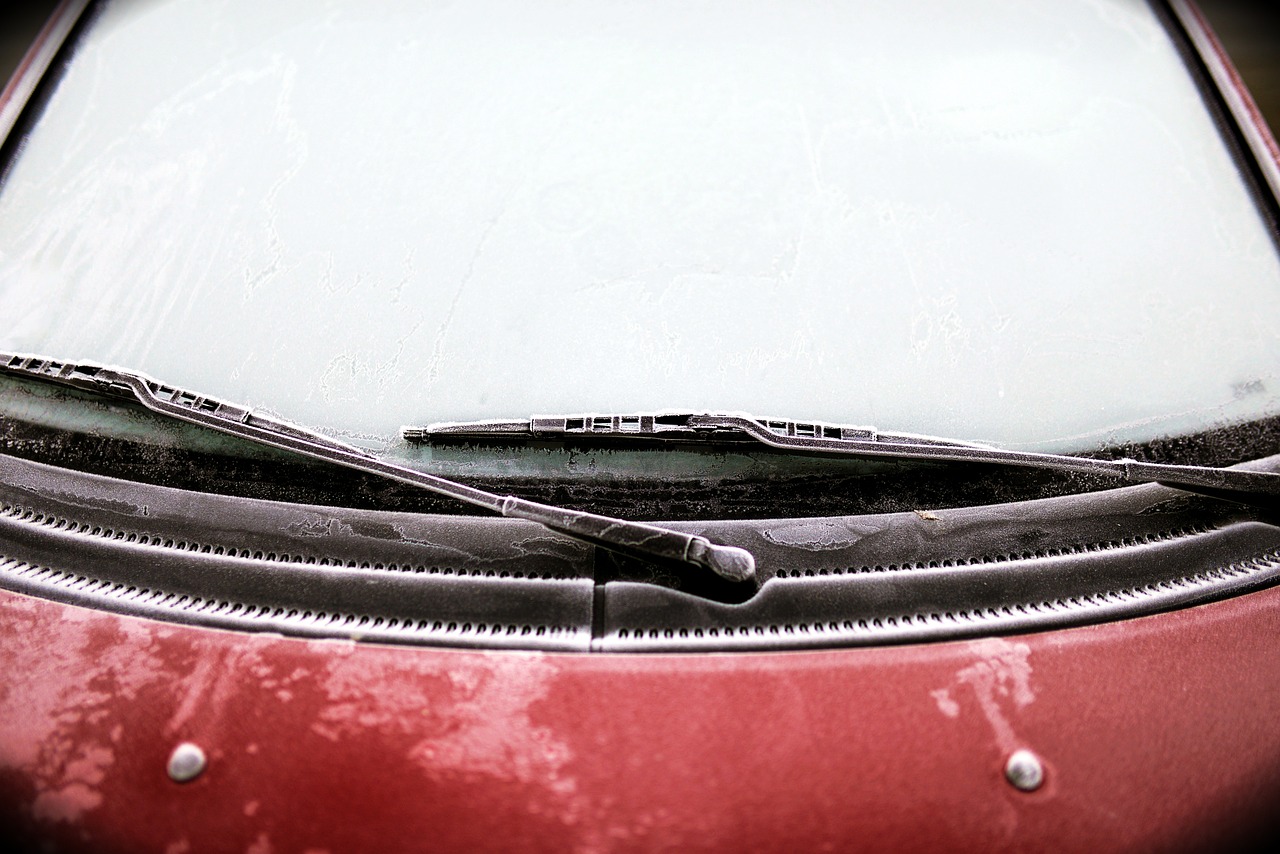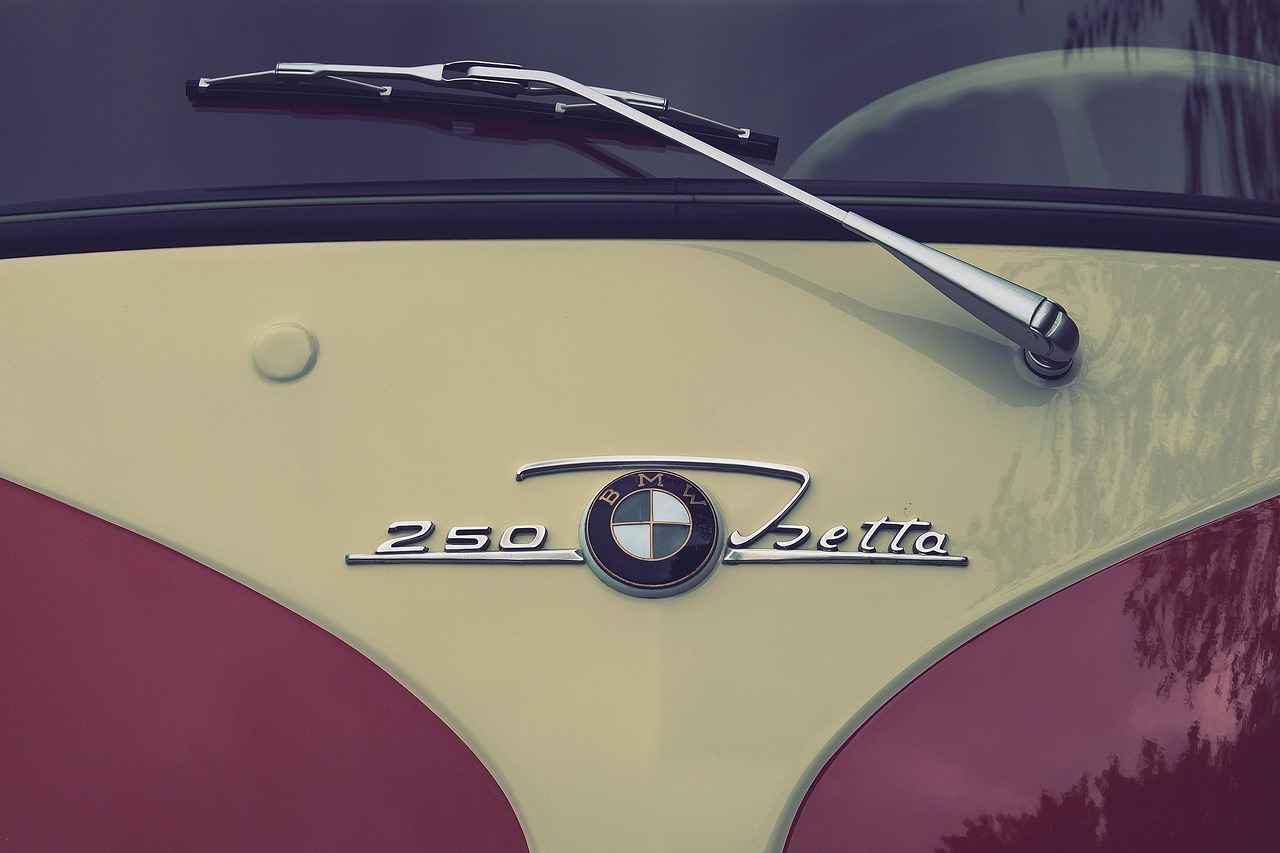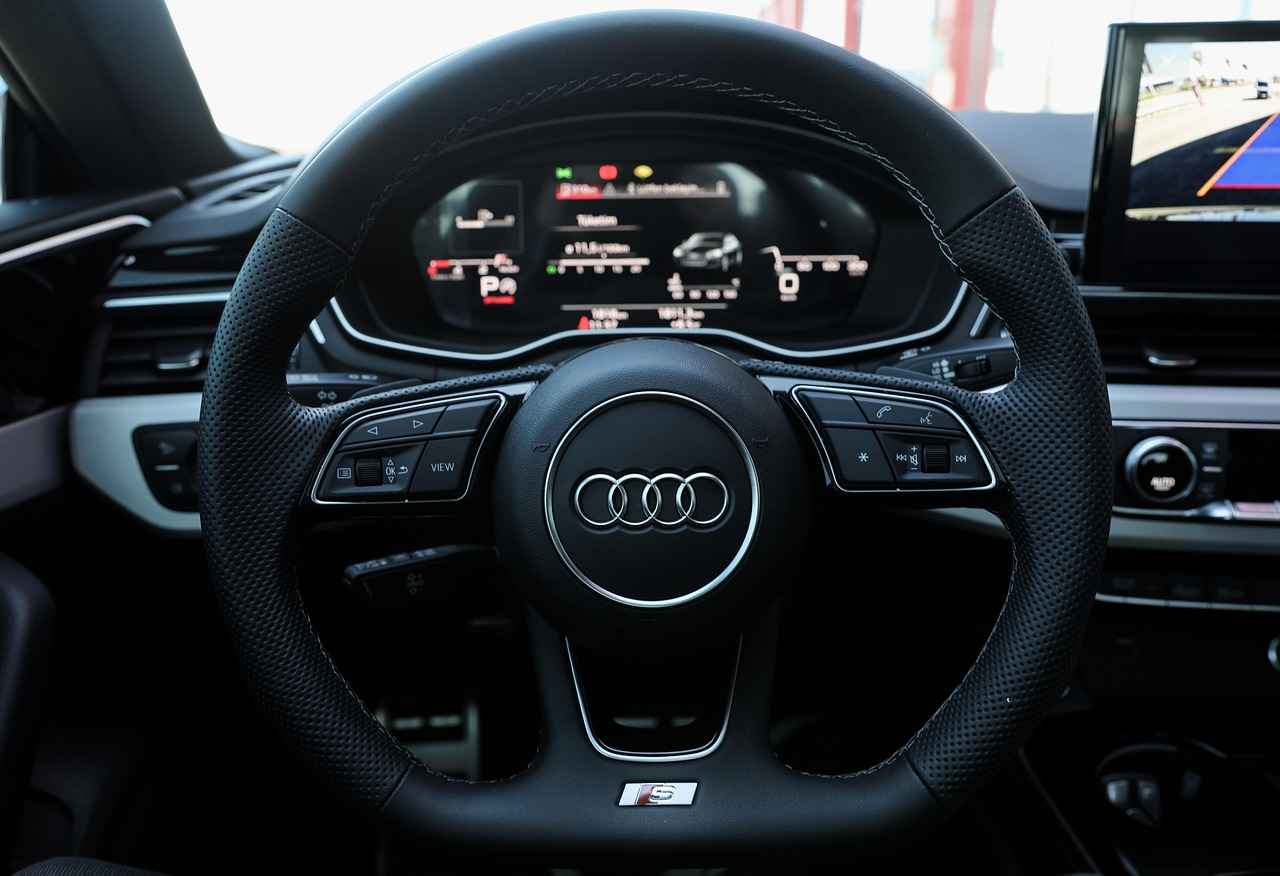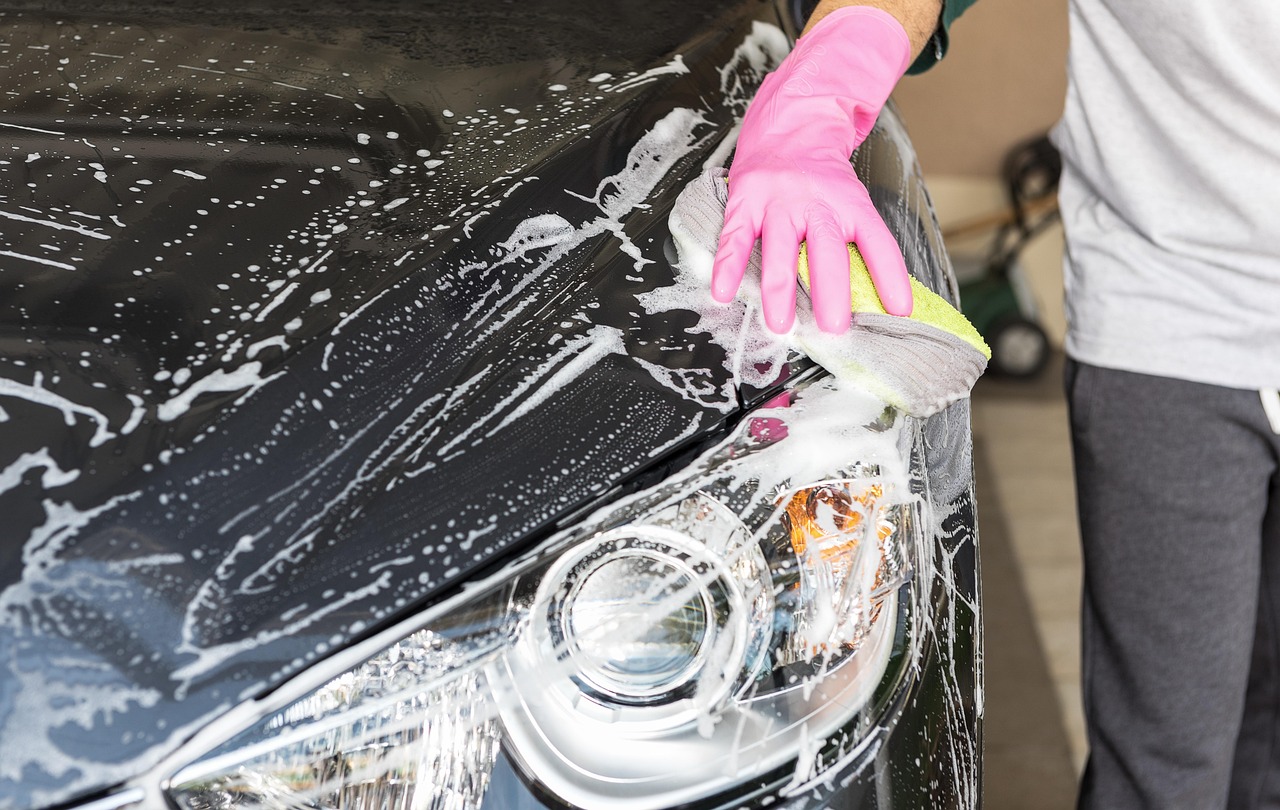Windshield wipers are essential for maintaining visibility during adverse weather conditions. If your wipers have suddenly stopped working, it can be a frustrating experience, especially when driving in the rain or snow. This article offers a comprehensive guide on troubleshooting and fixing windshield wipers that have ceased functioning, ensuring you stay safe and informed on the road.
Understanding the reasons behind windshield wiper failure is crucial for effective troubleshooting. Here are some common issues that may lead to wiper malfunction:
- Blown Fuse: A blown fuse is often the simplest explanation for wiper failure. Check your vehicle’s fuse box for any blown fuses related to the wiper system.
- Worn Wiper Blades: Over time, wiper blades can wear out and lose their effectiveness. If the blades are cracked or frayed, they may not make proper contact with the windshield.
- Faulty Wiper Motor: The wiper motor is responsible for powering the wipers. If the motor is defective, the wipers will not operate. Testing the motor is essential to determine if it needs replacement.
- Linkage Problems: The linkage connects the wiper motor to the wiper arms. If this linkage is damaged or disconnected, the wipers will not move properly.
To effectively troubleshoot your windshield wipers, follow these steps:
- Inspect the Wiper Blades: Start by examining the wiper blades for any signs of wear. If they appear damaged, replace them immediately.
- Check the Fuse: Locate the fuse box and identify the fuse associated with the wipers. Replace any blown fuses and see if that resolves the issue.
- Test the Wiper Motor: If the wipers still do not work, test the wiper motor by applying direct power. If it doesn’t operate, it may need replacement.
- Examine the Linkage: Inspect the linkage for any signs of disconnection or damage. If you find issues, repairs or replacements may be necessary.
If you have gone through the troubleshooting steps and your windshield wipers are still not functioning, it may be time to seek professional help. A qualified mechanic can perform a thorough inspection and repair any underlying issues that may be affecting your wipers.
Neglecting windshield wiper problems can lead to decreased visibility during critical driving conditions, increasing the risk of accidents. Ensuring that your wipers are in good working order is vital for your safety and the safety of others on the road.
In conclusion, understanding the common causes of windshield wiper failure and knowing how to troubleshoot these issues can save you time and money. Regular maintenance and timely repairs will help ensure that your wipers function effectively, keeping you safe in all weather conditions.

What Are the Common Causes of Windshield Wiper Failure?
When it comes to ensuring a clear view while driving, windshield wipers play an indispensable role. However, it’s not uncommon for these essential components to experience failure, leaving drivers in a precarious situation. Understanding the reasons behind windshield wiper failure is crucial for effective troubleshooting. Below, we explore the most common issues that may lead to wiper malfunction, helping you identify the problem quickly.
- Worn Wiper Blades: One of the primary reasons for wiper failure is the deterioration of the wiper blades themselves. Over time, the rubber can crack, tear, or become hard, resulting in ineffective wiping and leaving streaks on the windshield.
- Faulty Wiper Motor: The wiper motor is responsible for powering the wipers. If the motor fails, the wipers may stop functioning altogether. Signs of a faulty motor include unusual noises or intermittent operation.
- Electrical Issues: Problems with the electrical system, such as blown fuses or damaged wiring, can disrupt the power supply to the wipers. Always check the fuse box for any blown fuses that might be affecting the wipers.
- Wiper Linkage Problems: The linkage connects the wiper motor to the wiper arms. If this linkage becomes loose or disconnected, the wipers will not operate as intended. Inspecting the linkage for any signs of wear or damage is essential.
- Debris and Obstructions: Sometimes, foreign objects like leaves or ice can obstruct the wiper’s movement. Regularly clearing your windshield of debris can prevent unnecessary strain on the wipers.
- Weather Conditions: Extreme weather can also impact wiper performance. For instance, ice buildup can prevent wipers from moving freely, while excessive heat can cause the rubber to degrade faster.
To troubleshoot these issues effectively, begin by conducting a visual inspection of the wiper blades and motor. Ensure that the wipers are not frozen to the windshield and that there are no obstructions. If the problem persists, consult a professional mechanic who can diagnose and resolve more complex electrical or mechanical issues.
By understanding these common causes of windshield wiper failure, you can take proactive steps to maintain your vehicle’s wipers, ensuring a clear view and safe driving conditions.
Frequently Asked Questions
- What should I do if my windshield wipers stop working suddenly?
First, check your wiper switch to ensure it’s not in the “off” position. If that’s not the issue, inspect the wiper fuse and motor. Sometimes, a blown fuse is the culprit, and replacing it can solve the problem.
- How can I tell if the wiper motor is faulty?
If your wipers don’t move at all or only move intermittently, the motor might be the problem. You can test this by listening for any sounds when you activate the wipers. If you hear nothing, it’s time to look deeper into the motor or wiring.
- Can I fix windshield wipers myself?
Absolutely! Many windshield wiper issues are DIY-friendly. You can replace wiper blades, check fuses, and even troubleshoot electrical connections with some basic tools. Just remember to consult your vehicle’s manual for specific guidance.
- How often should I replace my windshield wipers?
It’s a good idea to replace your wiper blades every 6 to 12 months, depending on usage and weather conditions. If you notice streaking or skipping, it’s time for a change!
- What can cause windshield wipers to stop working during rain?
Heavy rain can sometimes overwhelm worn-out wiper blades, causing them to fail. Additionally, if the wiper motor is struggling due to moisture or electrical issues, it may stop working when you need it most.

